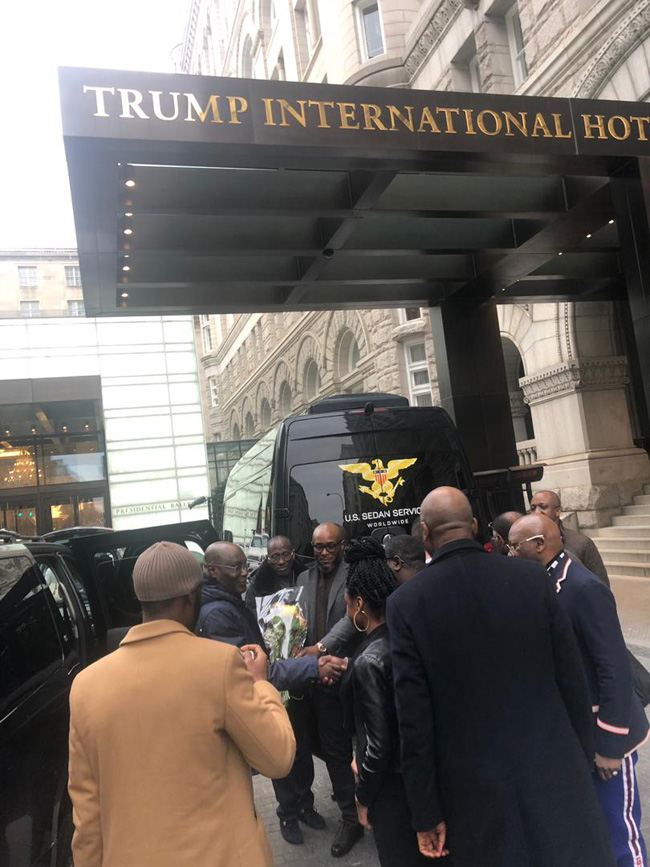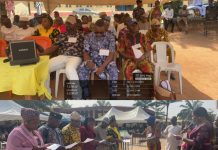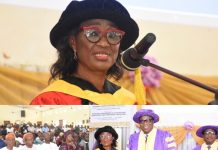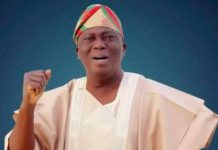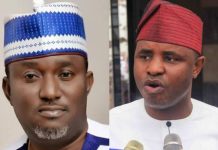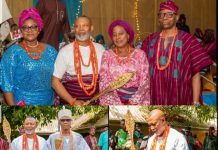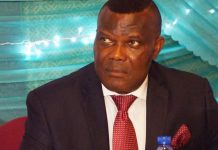
For more than 13 years, Alhaji Atiku Abubakar, former Vice President of Nigeria and now presidential candidate of the Peoples Democratic Party, kept away from the United States.
Once, the US even turned down his request for a visa.
But on Thursday, he landed in Washington DC for talks with some American officials on his campaign in Nigeria. His visit, said to have been facilitated by his former boss, President Olusegun Obasanjo and other lobbyists, threw up questions as to why he had avoided America in the first place.
What is known is that nine years ago, there was a US Senate Committee report detailing money laundering activities against him, including being a recipient of a bribe by Siemens.
The Committee known as the Senate Permanent Subcommittee on Investigations was chaired by Senator Carl Levin.
The probe was motivated by US government concern about corruption in the Third World and its corrosive effects on the development of honest government, democratic principles, and the rule of law.
“It is also blamed for distorting markets, deterring investment, deepening poverty, undermining international aid efforts, and fostering crime. Some have drawn connections between corruption, failed states, and terrorism. Corruption also continues to be a massive problem. The World Bank has estimated that $1 trillion in bribes alone exchange hands worldwide each year,” the committee noted in its bulky report.
Abubakar was not the only foreign Politically Exposed Person(PEP) probed by the committee. He had company in Teodoro Nguema Obiang Mangue, now the 48-year-old son of Teodoro Nguema Obiang Mbasogo, the President of Equatorial Guinea (EG), late President of Gabon, Omar Bongo and three Angolan PEP accounts, involving an Angolan arms dealer, an Angolan government official, and a small Angolan private bank.
The committee submitted its report on 4 February 2010, three years after Abubakar left office as Nigeria’s vice president.
The report unveiled violations of US laws by Abubakar and his fourth wife, Jennifer Douglas. It also included revelations about Siemens bribe paid into one of the accounts, and it possibly provided the basis for Abubakar being barred from entering the United States, since then.
This Report examines how politically powerful foreign officials, their relatives, and close associates – referred to in international agreements as Politically Exposed Persons (PEPs) – have used the services of U.S. professionals and financial institutions to bring large amounts of suspect funds into the United States to advance their interests. Using four case histories, this Report shows how some PEPs have used U.S. lawyers, real estate and escrow agents, lobbyists, bankers, and even university officials, to circumvent U.S. anti-money laundering and anti- corruption safeguards. This Report also offers recommendations to stop the abuses.
NAN


